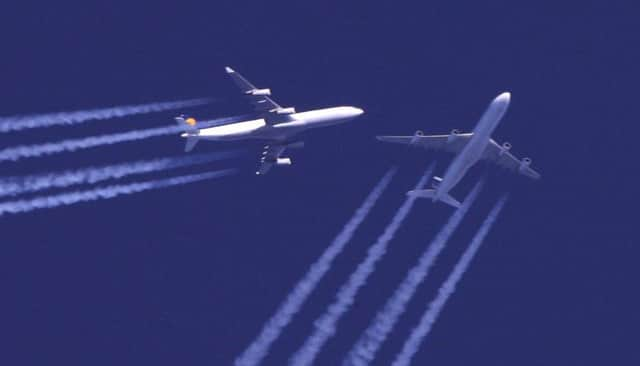Chris Marshall: Police must attempt to get a copy of rendition report


That’s the claim made by academics who say so-called rendition flights stopped for refuelling at airports including Aberdeen, Inverness and Wick, possibly with the backing of British and/or Scottish authorities. Their investigation, published last year, forced Scotland’s police into action.
The implication is that Scotland provided a key role in transporting US prisoners to countries in the Middle East and north Africa where torture would be permitted as part of the interrogation process. Announcing the investigation last year, Lord Advocate Frank Mullholland said the police would conduct a “thorough inquiry”.
Advertisement
Hide AdAdvertisement
Hide AdAn earlier inquiry into rendition at Scottish airports concluded that there was insufficient evidence to begin a criminal investigation. The current police investigation is ongoing, but last week there were calls for Scottish investigators to obtain a recently declassified, although still to be released, US Senate committee report on CIA torture. It is thought to run to more than 6,000 pages and is understood to conclude that there was widespread use of torture by the US secret service in the febrile environment that followed the September 11 attacks, and that it was an ineffective means of gathering intelligence.
Last month, the committee finally voted in favour of releasing sections of the report following a protracted spat with the CIA, which disputes the findings. The CIA argues that the use of “enhanced interrogation” techniques helped gather crucial intelligence that led to arrests and foiled further attacks.
Human rights group Reprieve, which acts on behalf of some of those imprisoned during the War on Terror, has written to First Minister Alex Salmond and the Lord Advocate, calling on them to make sure the report informs Police Scotland’s investigation. The charity rightly points out that unless attempts are made to see the report, the public cannot have faith that the investigation has left “no stone unturned”. Police Scotland failed to respond to inquiries from or sister title Scotland on Sunday last week when asked if attempts had been made to gain access to the document. The Crown Office declined to comment on a “live investigation”.
The contents of the Senate committee’s report are not known, but experts believe it is highly likely it will detail elements of the rendition programme. Whether there is any mention of Scotland’s role is another matter. Regardless, Police Scotland should make every attempt to get a copy.